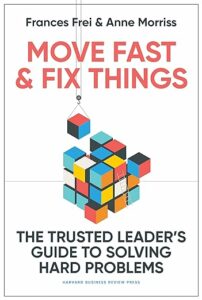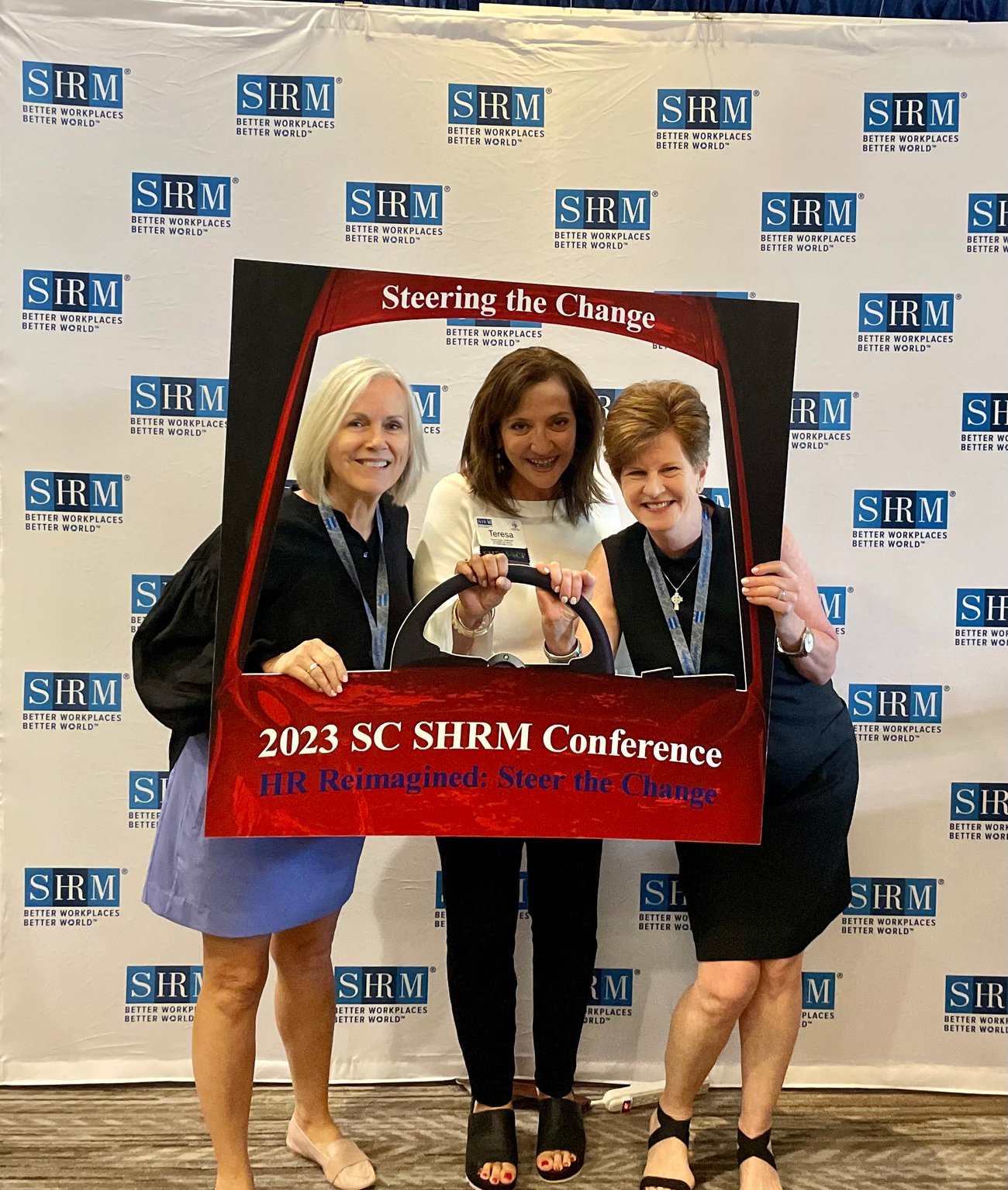How quickly do you?
How quickly do you trust another person? I would imagine that for most of us, it would depend on our life experiences.
According to Psychology Today, when addressing if most people can be trusted they wrote that “because motivations and responses vary widely across situations, it’s likely not possible to say whether or not most people can be trusted all of the time. However, the belief that most people are generally trustworthy, known as “generalized trust,” appears to be correlated with higher intelligence, better health, and overall life satisfaction.”
Trust is critically important in both our personal and professional lives. I am working with a team of four that lack trust in each other, and building back trust is hard. Trust matters for the long term and is consistent. Honoring commitments, respecting others, being vulnerable over time and giving others the benefit of the doubt all play a role. Trust is a key element of someone’s moral character. Trust is the foundational, non-negotiable aspect for teams in Patrick Lencioni’s classic book, The Five Dysfunctions of a Team. When you think about your most trusting professional relationships, what stands out for you?
#WiseWords
Trust is the glue of life. It’s the most essential ingredient in effective communication. It’s the foundational principle that holds all relationships.”— Stephen Covey
Worth The Share

There are many reasons that explain why organizational trust erodes. In their brand new book: Move Fast and Fix Things (a direct hit on Facebooks famous mantra: “move fast and break things”) authors Frances Frei and Anne Morriss discuss ten reasons that destroy organizational trust. Each relates to one of their three pillars of organizational trust: “that you care about them (empathy), that you can actually meet their needs or deliver on your promise (logic) and that you will do what you say you are going to do (authenticity).”
Aversion to making choices: This can be chronic in some organizations as they become watered down and lack focus. Trust Pillar: Logic Reliance on heroic employees: Not everyone is a is very driven and wants to work 24/7. Design work loads for real people with real lives. Trust Pillar: Logic Shiny object syndrome: Focusing on the next new thing can be very distracting for the organization as it follows the latest new idea or project, while losing focus on what matters. Trust Pillar: Authentic Disengaged middle management: When middle managers are overlooked by the leadership, not part of the solution and ground down by the realities of the business. Trust Pillar: Empathy
Casual relationship with other people’s time: This is a classic problem when managers waste their employees time with outdated software or unnecessary processes. Trust Pillar: Empathy
If you would like to read more, go to 10 Pitfalls that Destroy Organizational Trust or pick up a copy of their book.
And Finally…
To learn more about my 1:1 executive, communication or business growth coaching, custom virtual workshops, the Career Transition program or just to connect, you can reach me at [email protected]

Last week I had the privilege of partnering with an industry colleague and friend, Deb Graham, on a full day workshop for 70+ human resource professionals at the South Carolina SHRM conference. Teresa Vaughn, another industry colleague and friend who is very involved in SHRM, gave us the opportunity. The topic was “The Art of the Shift: How to Successfully Lead Organizational Change”.
As I reflect back on the work we did, I am struck by the amount of trust that was involved at every level. Teresa trusted us to show up and deliver a compelling program, Deb and I trusted each other, that we do what we said we would do, and most importantly, the 70+ attendees trusted us with their precious time, with the hope that they would learn something new. The importance of trust abounds every day in our lives.
What can you do or change to show up as a more trustworthy person? Maybe be more consistent, readily admit when you are wrong, say what you mean and mean what you say, respect others, be vulnerable with others (which can build over time) and give them the benefit of the doubt.
Have a great week,
Mary Jo

